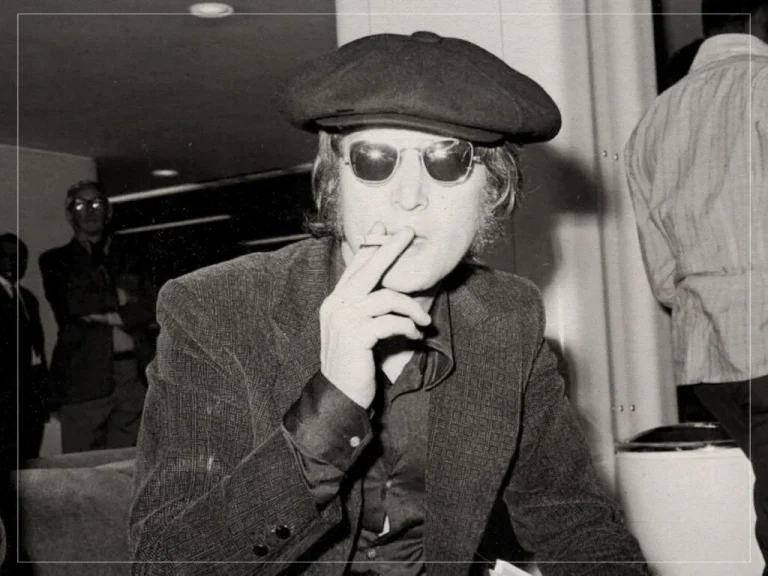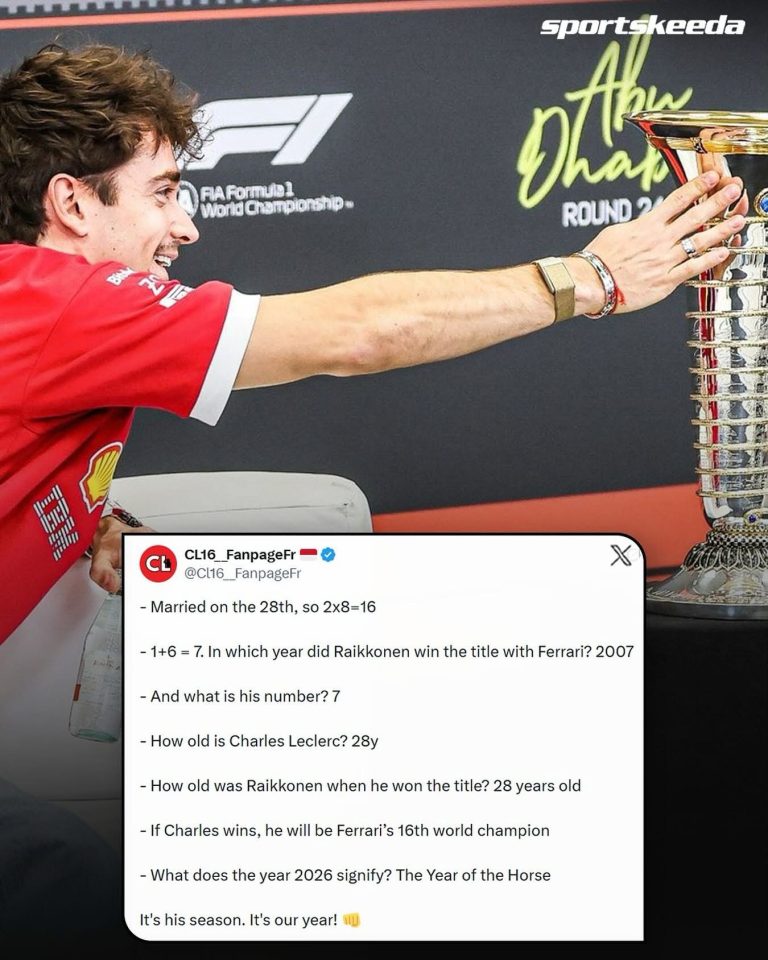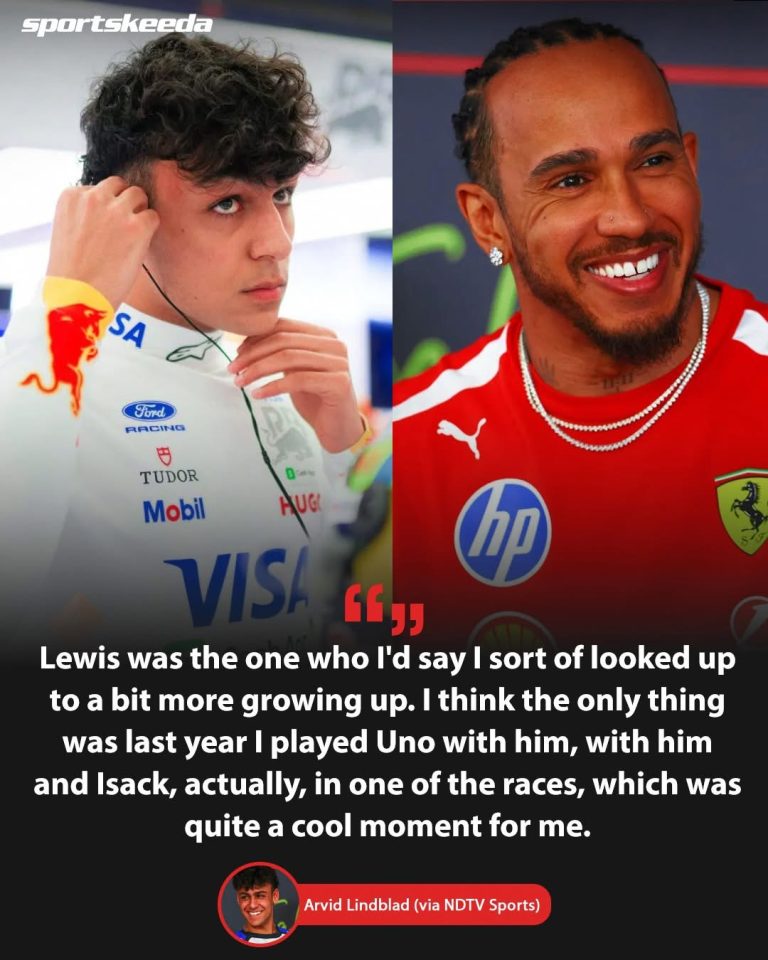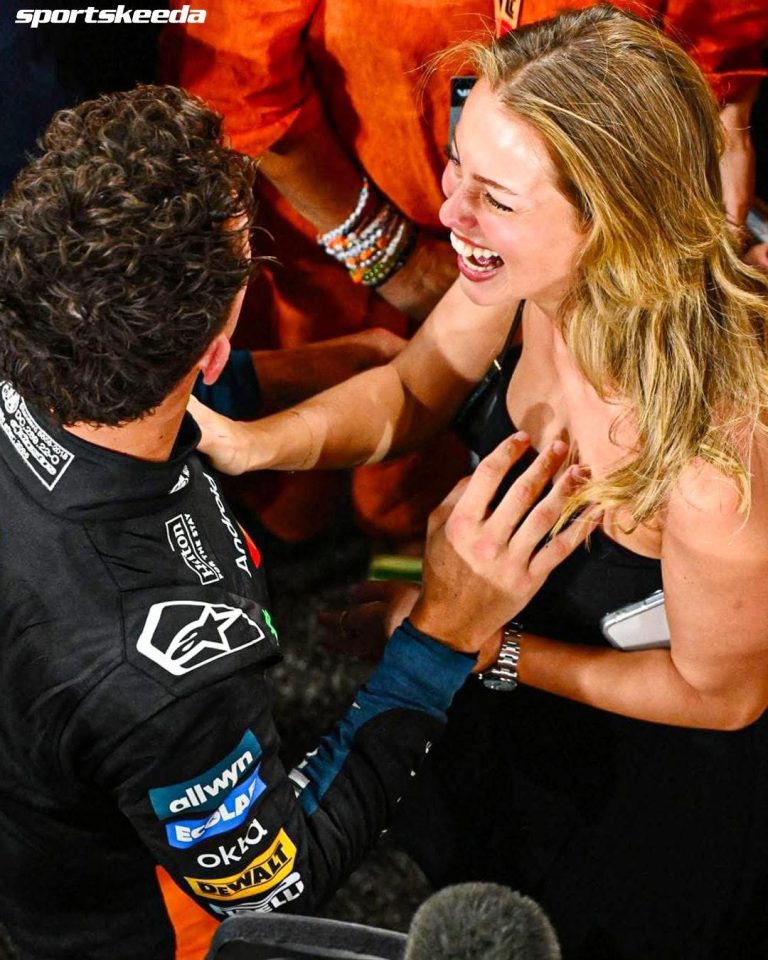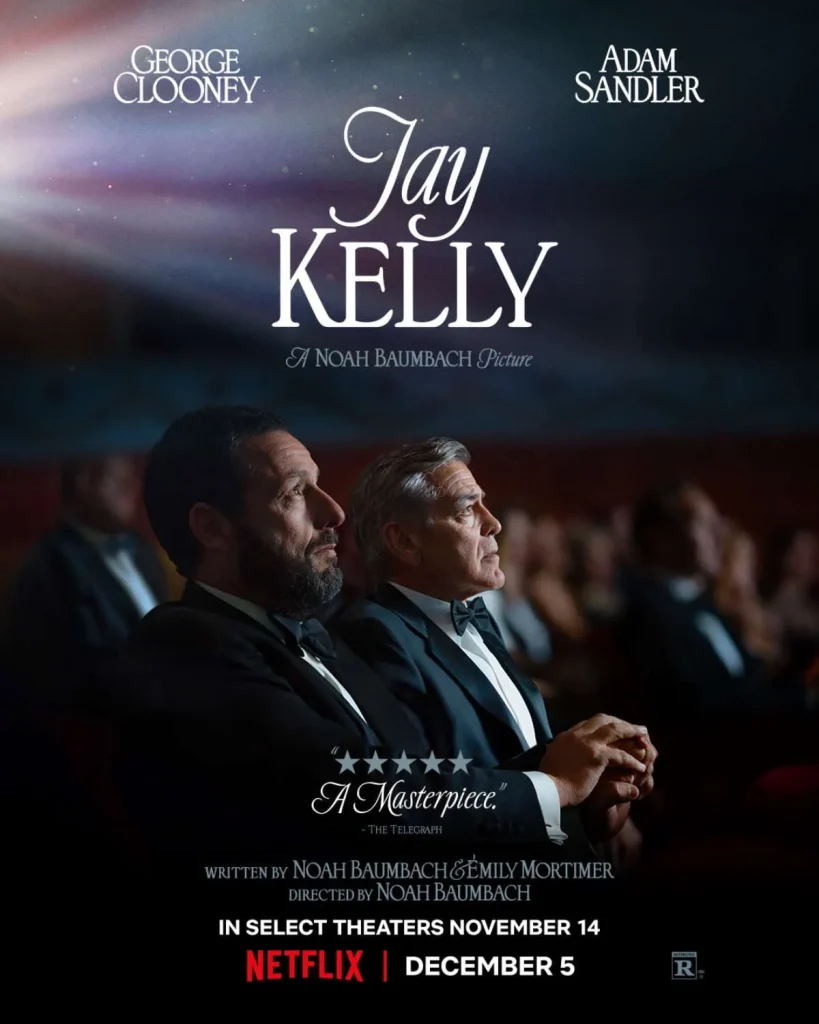
Noah Baumbach’s Jay Kelly premiered at the 2025 BFI London Film Festival, featuring George Clooney in a deeply reflective role that mirrors his own Hollywood legacy. The film tells the story of Jay Kelly, a once-celebrated movie star confronting his past and present under the guidance of his loyal manager, Ron. The narrative blends sharp humor with moments of quiet reflection, balancing fame’s fleeting glories against the emotional costs of a life spent in the spotlight.
Baumbach opens the film with an elegant, single-take sequence that captures the chaos and charm of Hollywood behind the scenes. It immediately sets the tone for what feels like a self-aware exploration of the film industry — part Babylon-style extravaganza, part Jerry Maguire-like introspection. Yet, despite its ambitious setup and Netflix-level production polish, Jay Kelly often struggles to connect its scattered emotional beats into a cohesive whole.
Clooney plays Jay as an aging star haunted by his choices, both professional and personal. Instead of accepting a major new role under two rising Hollywood directors, he impulsively embarks on a European trip to reconnect with his estranged daughter. This sudden detour throws his entire team — including Adam Sandler’s eccentric agent, Laura Dern’s efficient assistant, and Emily Mortimer’s stylist — into disarray as they scramble to manage the fallout.
Throughout the film, Jay revisits defining moments from his career: the breakthrough that made him famous, a love affair that changed his life, and the guilt of betraying a mentor he once admired. These flashbacks are tinged with a quiet sorrow, each moment serving as a mirror to his inner emptiness. The tone, soaked in nostalgia and regret, aims to evoke empathy but occasionally loses focus in its shifting moods and surreal detours.
While Jay Kelly is beautifully shot and carried by Clooney’s understated performance, it never quite lands the emotional punch it reaches for. Baumbach crafts a thoughtful meditation on fame, aging, and redemption, but the film’s uneven rhythm keeps it from achieving true poignancy. What remains is a wistful and visually elegant reflection on the loneliness behind the glamour — a movie that understands regret more than it understands closure.

